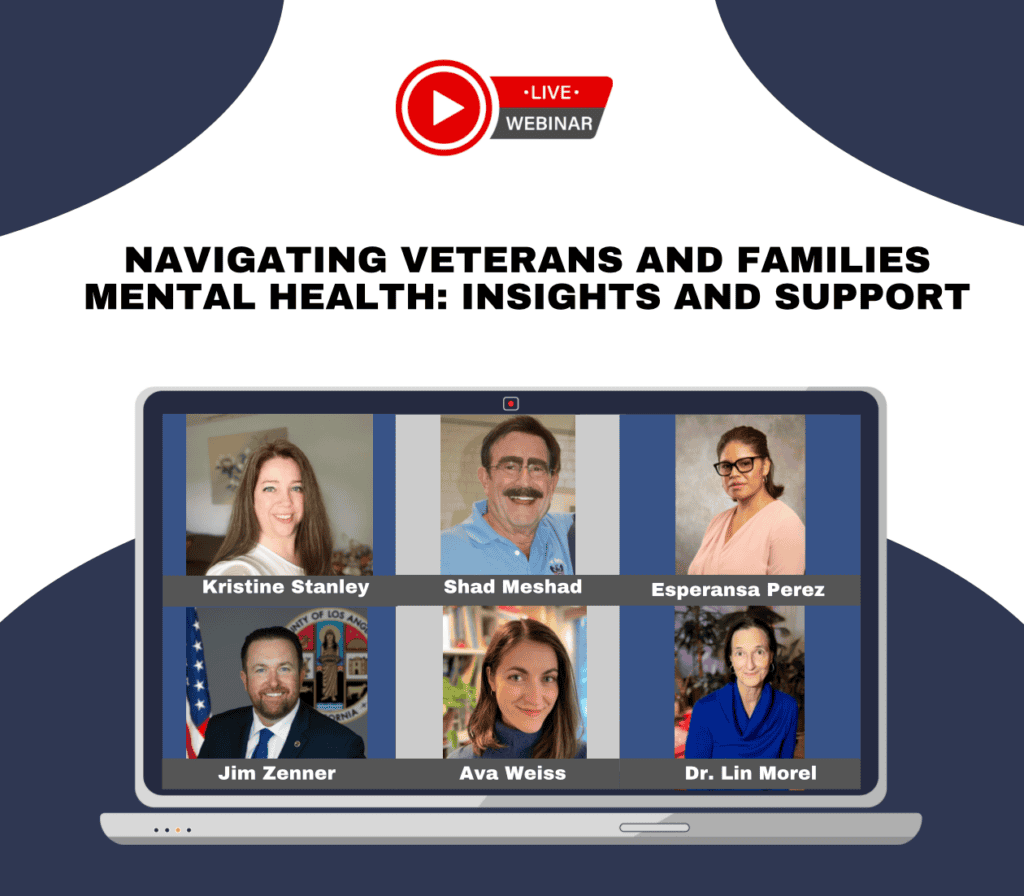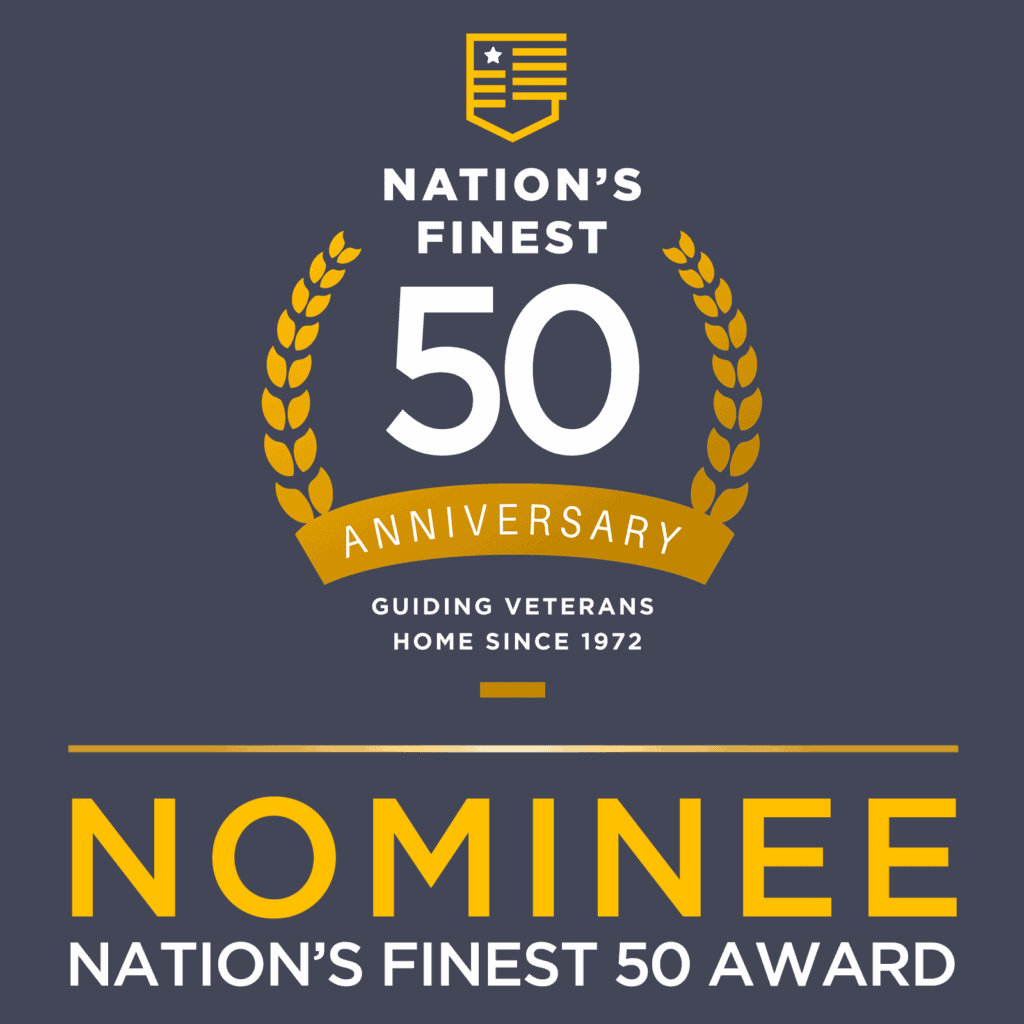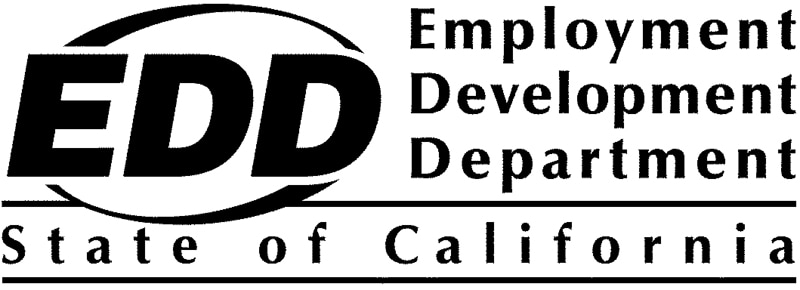We Need to Talk
I cringed when I saw the headline…another vet imploding in violence against himself and his family. Note that I wasn’t surprised. Here at the NVF we handle crisis calls along with what I call frustration calls: vets or their families looking for information and resources that simply are not easy to find. This was the missing piece of the Vet Center program I co-authored in 1979, and the reason the National Veterans Foundation with our Lifeline for Vets came into being. I felt there should be an easy way for a vet to get answers. From a live human. Especially when there’s an urgent need for shelter or medical care.
Every time I read a story like the one in that headline, I wish we had gotten there first. And by “we,” I mean all of us, any of us. Military, civilian, trained, untrained, whether known to the vet or a stranger. That’s what I mean by we need to talk. This particular vet had family, friends, buddies he’d served with, and somehow they all missed it. Or did they?
What if they simply didn’t know what to do. Maybe they were afraid that anything they might say could trigger a worse problem. Maybe their vet was so self-isolated that nobody knew how serious the situation was. Maybe it was all of those things. And maybe the vet was feeling all of these same ways with the addition of stress from combat, transitioning back into civilian life, or invisible injuries, including PTSD, MST (Military Sexual Trauma) and moral injury.
That’s why we need to talk.
I’d hazard a guess that very few of us relish talking about difficult or painful experiences, so we put off those conversations until later, until we can think of a good way to bring it up. Maybe the problem will just go away. I think it’s pretty clear, given the headlines and the number of suicides, that this problem is not going away on its own. Pre-deployment counseling for those who serve and their families helps, but I think post-deployment counseling is essential. True, the military offers transition workshops for servicemembers returning to civilian life, but it’s an option, and its almost too little, too late. Remember that many of our younger vets enlisted right out of high school. It’s five years later and they’re eager to get back to the life they left. Re-entry is particularly hard for them, and that’s not taking into account the experiences they might have had. Seasoned vets with multiple deployments have their own issues, often layered. Are trained counselors best in a real crisis? You bet. I’m talking way before a situation reaches crisis proportions. I’m talking about the myriad of small encounters that happen before the implosion.
A simple way to build trust and connection—on a daily basis—is to listen without judging and without trying to fix things. What would that look like? It looks like eye contact. It looks like leaning in with interest to hear the answer to a quiet question. It’s unrushed and humane. And it’s almost always one-to-one. It allows the other person to tell their story. Listening in this way creates a space that allows them to process the issues that left untreated, can lead to tragedy. Try it. And then practice it. Maybe tackling this problem way before a crisis will bring the results we all want.
Incidentally, that’s the strength of our Lifeline…it’s vet to vet, male or female. Someone to talk to, someone to listen. If you know a veteran who needs help, here’s the number: 888.777.4443
You can be a part of our mission to help Veterans by making a tax-deductible donation!
About the Author
SUBSCRIBE TO OUR BLOG AND NEWS!
By submitting this form, you are granting: NATIONAL VETERANS FOUNDATION INC permission to email you. You may unsubscribe via the link found at the bottom of every email. (See our Email Privacy Policy for details.)
Related Posts





